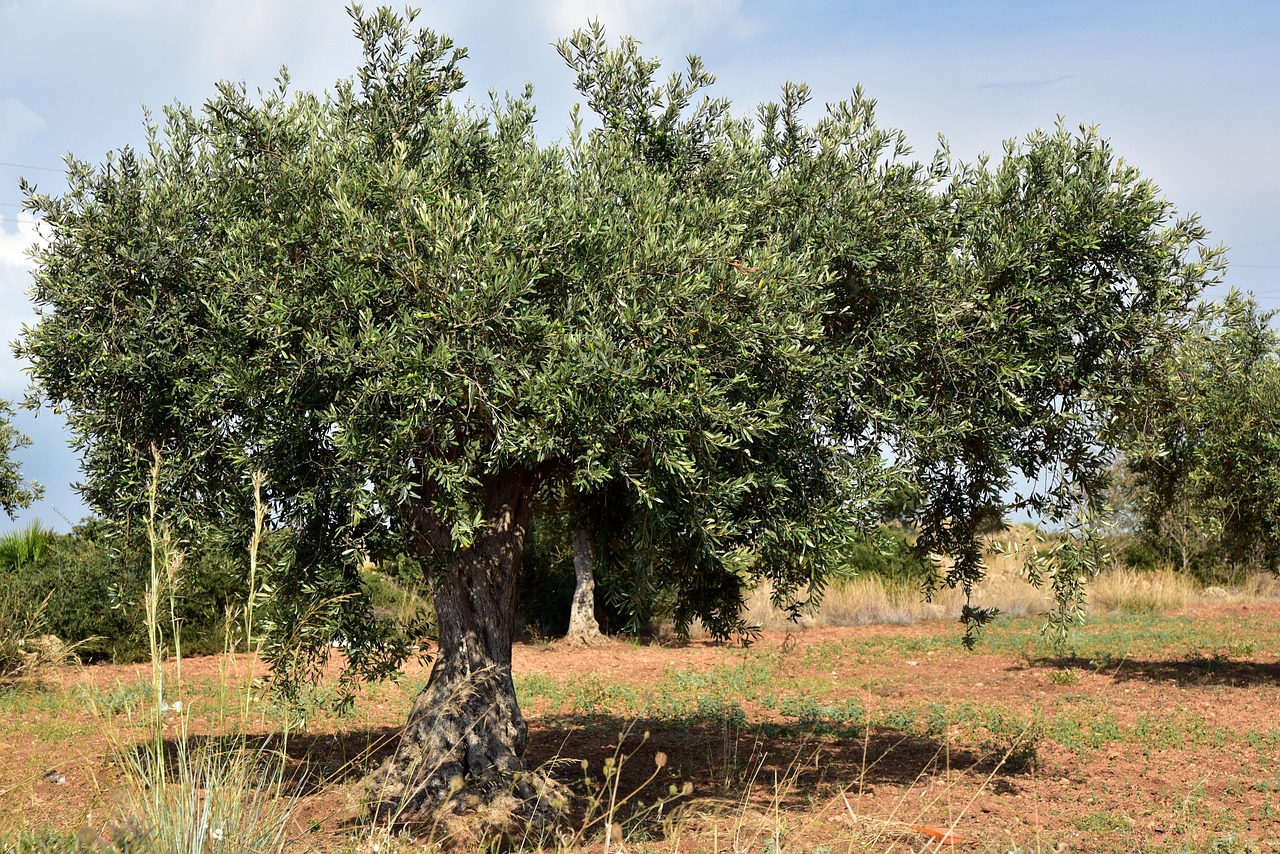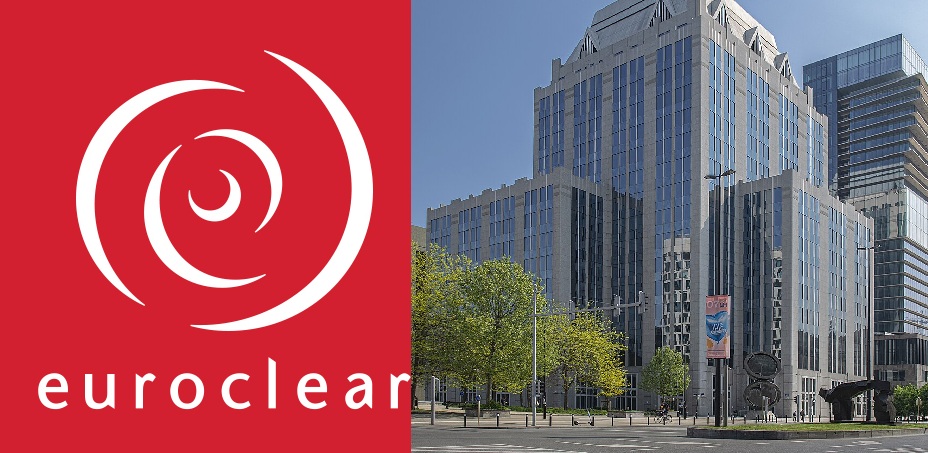At dawn on Monday, Israeli military bulldozers entered the Nablus area. They began uprooting thousands of olive trees, which were long considered both an economic lifeline and a cultural symbol for Palestinians. Local officials reported that approximately 5,000 trees were destroyed within hours, leaving fields bare and farmers devastated.
“These trees are our life, our history. They’re taking everything away from us,” one farmer told reporters on the scene.
In the nearby village of al-Mughayyir, northeast of Ramallah, officials confirmed that nearly 3,000 additional olive trees were cut down under military orders covering 0.27 square kilometers of land. The Israeli army argued that the groves posed a “security threat” to a main road used by settlers.
Al-Mughayyir has been under lockdown since Thursday, after a settler reported being shot at. In the days that followed, soldiers reportedly stormed more than 30 homes, damaging property and vehicles, according to the Palestinian news agency Wafa.
For decades, Israeli authorities have ordered the removal of olive trees in the West Bank as part of settlement expansion and security measures. But farmers and activists say the trees represent deep-rooted identity and generational continuity.
Recent months have brought an escalation. The UN Office for the Coordination of Humanitarian Affairs reported over 2,370 settler attacks against Palestinians from January to July 2024, with the Ramallah and Nablus regions hardest hit.
In Gaza, a separate report estimated that over 75% of olive trees have been destroyed since Israel’s military campaign began last year.
The timing is interesting: the United Nations has formally declared famine, with aid groups describing children dying daily from hunger and dehydration. Photographs of children chasing aid parachutes have sparked outrage across social media, while humanitarian convoys continue to struggle with restricted access.
“The situation is catastrophic,” UN officials warned, appealing for an immediate ceasefire and unfettered humanitarian corridors.
World leaders have issued statements calling for a halt to settlement-related violence. Yet peace talks remain distant. For Palestinian farmers, whose livelihoods are measured in the slow growth of olive trees, sometimes centuries old, the destruction feels like an irretrievable loss.
Experts warn that uprooting trees contributes to environmental degradation, soil erosion, and a fractured ecological balance in a land already stressed by climate change.
And the question lingers, unresolved: in a landscape where even the olive tree, a symbol of peace, becomes a casualty, what hope is left for reconciliation? WaL
We Humbly Ask For Your Support—Follow the link here to see all the ways, monetary and non-monetary.
PICTURED ABOVE: Two olive trees. PC: Pixabay/ Leoimages



